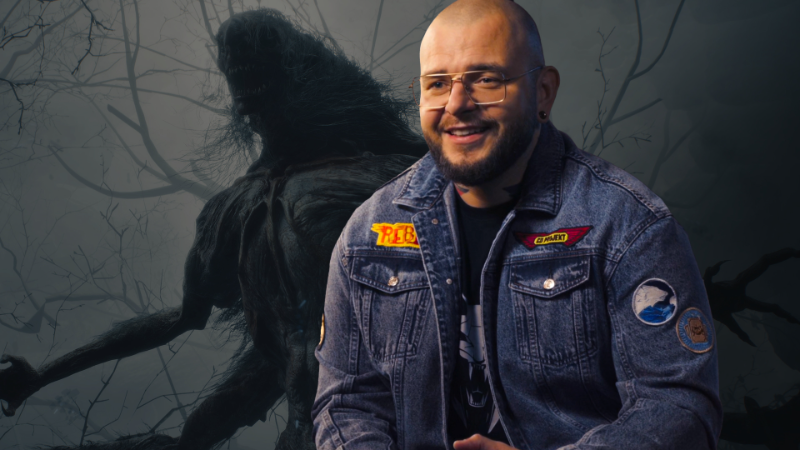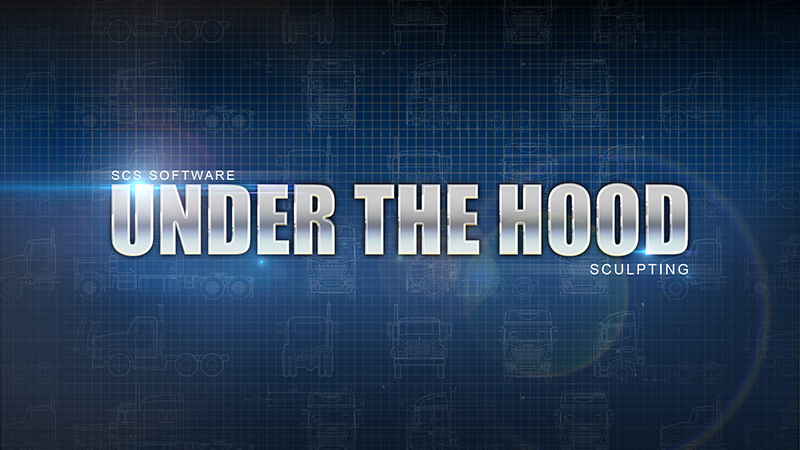THE LOWS
Tom Marks: A VR migraine
We got an HTC Vive Pre in the office this week, and I spent the better part of Wednesday in VR. Let me preface my following complaints with the fact that VR is incredible. I hadn’t used VR that lets you walk around the room until now, and it’s really impressive. The games I played were a lot of fun, especially Fantastic Contraption, and I really want to try whatever else the Vive has to offer.
That being said, I played my first Vive demo on Tuesday for about five minutes before one of the sensors was accidentally jostled, throwing the entire game into a jittery, tilted mess that couldn’t be recovered from (until we ran the room setup again) and left me with a sharp headache for nearly four hours. That was all I tried on the first day. The second day didn’t have any catastrophic problems, but after a few on-and-off hours in virtual reality, I could feel my eyes aching and had a dull headache well into the evening.
I was excited to devote a long time to a game like Fantastic Contraption, but I genuinely question how long (and how frequently) people will be able to play VR games without suffering from genuinely detrimental effects on their health. It was a lot of fun to use the Vive all day, but it didn’t feel very good after the fact.
Evan Lahti: Shame High Major
I don’t follow Dota 2, but reading Chris’ account of the Shanghai Major—which began with the sudden and public firing of one of the Shanghai Major’s hosts and its production company—is a reminder of how young this gaming sub-culture is. As much as The International, IEM, and the number of events happening this weekend are generally well-produced, professional events, this is still a scene that needs to mature… in all senses of the word.
We’ve all probably had moments in our young lives when we’ve screwed up at work, but usually those mistakes happen at a Subway counter or the back room of a Target, and aren’t aired and recorded for hundreds of thousands of our peers to see before being memed back to us for months afterward. This isn’t just a criticism of production staff, of course—the ESL itself said that “esports needs to mature” after players sparked CS:GO’s drug scandal last year. Events like this are upsetting today, but they’re arguably just growing pains, inevitable speed bumps when your workforce is primarily made up of young people.

Chris Livingston: Mass Delay
When games get delayed my feeling is usually one of disappointment rather than annoyance. We learned this week Mass Effect: Andromeda has been shuffled into 2017, and as Andy speculated it may not be because of any particular problem but simply to avoid the end-of-the-year glut of games. So, the delay itself isn’t really my low, it’s this ongoing issue that we simply start hearing about these games so flippin’ early that delays make the wait even harder to bear.
The Division is a great example: we learned of it in 2013, fer cryin’ out loud, and since then it’s faced several delays and is only now on the actual brink of release. I wish more studios followed Bethesda’s example with Fallout 4 last year. The game was announced in June and came out five months later. Had it been delayed, it wouldn’t have been such a letdown because the game hadn’t been burrowing around in our minds for years, only months. I think waiting until your game is more or less finished before the marketing machine starts grinding out teasers helps more in the long run.
Tyler Wilde: Talking Stardew
While I put off reviewing Gears of War: Ultimate Edition (I’ve been playing it, promise!) I’ve been taking brief trips to Stardew Valley to poke around my farm, clear shrubs and plant perfect rows of parsnips. And I like it! Maybe not as much as Tom Marks, but I like it. I find it odd how satisfying it is to tidy up, here and in other games. Walking around clicking on tree stumps and rocks is hardly ‘play,’ but I’ve probably spent an hour doing just that. I also like checking tomorrow’s weather on TV and wandering over to the pub to see if I have enough money for a beer yet (why is beer so dang expensive?). I like doing mundane things in games.
But one thing about Stardew Valley is just too mundane for me so far. It’s hardly the worst thing to happen this week (no new Alan Wake! Epic vs. Microsoft! Whatever the heck is going on with Dota 2!), but it bummed me out: the dialogue. I went in knowing that one of the draws of Stardew Valley is interacting with townsfolk and maybe developing a romantic relationship, but so far I’m not really interested in anyone, because they all speak RPG. You know, stuff like, “It’s nice to meet new people!” and “I live in this shack!” One guy offered to play catch with me, and then never did.
It’s a feeling I get in a lot of RPGs, where it seems like everyone is talking to themselves and I’m just there to overhear it. I wish someone would talk to me like I’m a person, maybe ask me how I like the town so far rather than explaining their profession and then wandering away. Maybe it gets better, but I think instead of socializing I’ll just stay home and work hard on my farm until I can afford lots of beer, becoming a hermit who only appears once a month to get hammered. I’ll let you know how it goes.

Samuel Roberts: Microsoft’s half-measure
I’m not terribly convinced by Microsoft’s commitment to PC gaming outlined this week—a free version of Forza that’s not proper Forza (but probably should be), the already-announced Quantum Break and some other bits and pieces that couldn’t really be called their heavy hitters. So far, that’s about it for Microsoft on PC, other than a Gears of War port released six months after the Xbox One version, Recore, a very late version of Killer Instinct coming later this month and Halo Wars 2 (which should be great).
What I’m a little confused about is the logic applied to what games should or shouldn’t be brought to PC. Phil Spencer’s explanation here on Forza doesn’t make loads of sense to me: “But we don’t think Forza 6 is what the PC racing fan thinks of as a racing franchise. If you look at the racing franchises that are on PC today and do incredibly well, they’re not, kind of, $60 shrinkwrapped products the way we built Forza 6.” Really? Assetto Corsa? Dirt Rally? Need For Speed? It’s not been the busiest few years for racing games generally, but that’s not an issue linked to the way people play PC games.
That sort of logic makes me wonder if Microsoft has found an arbitrary way to talk itself out of bringing it biggest and best to PC—the Halo series, Scalebound, Gears of War 4, Crackdown 3. Those are the games I’d love to play. I won’t necessarily buy an Xbox One to play them, but I’d be happy enough to buy them on the Windows 10 Store.
James Davenport: A familiar cry
I’m nearly finished with Far Cry Primal, and I’ve enjoyed it so far, but I’m a bit troubled by the recent discovery that its map layout borrows heavily from Far Cry 4’s. Sure, I didn’t notice until it was pointed out, the blatant similarities just reinforce the problems I have with the game. The Stone Age concept captured everyone’s attention when it was announced, and our minds ran amok with the possibilities for a Far Cry in a primitive setting.
What we got was another Far Cry game, which isn’t necessarily a bad thing, but it’s certainly a safe play on Ubisoft’s part. Extra safe knowing that the level design wasn’t a purely original effort. The familiar design is present in nearly every corner of Far Cry Primal, made a bigger bummer and more apparent by how little it plays with the concept. The landscape isn’t threatening, wildlife AI is fight or flight and rarely a danger, the story and performances are hokey high school drama interpretations of cavemen, and you’re still just capturing outposts until the map is wiped clean. Knowing that the level design wasn’t wholly original just reinforces the cynic in me. I imagine a creative pitch from a designer, a pure vision for a primitive Far Cry game, and then the big dogs up top gutting the concept because data. Boo.


